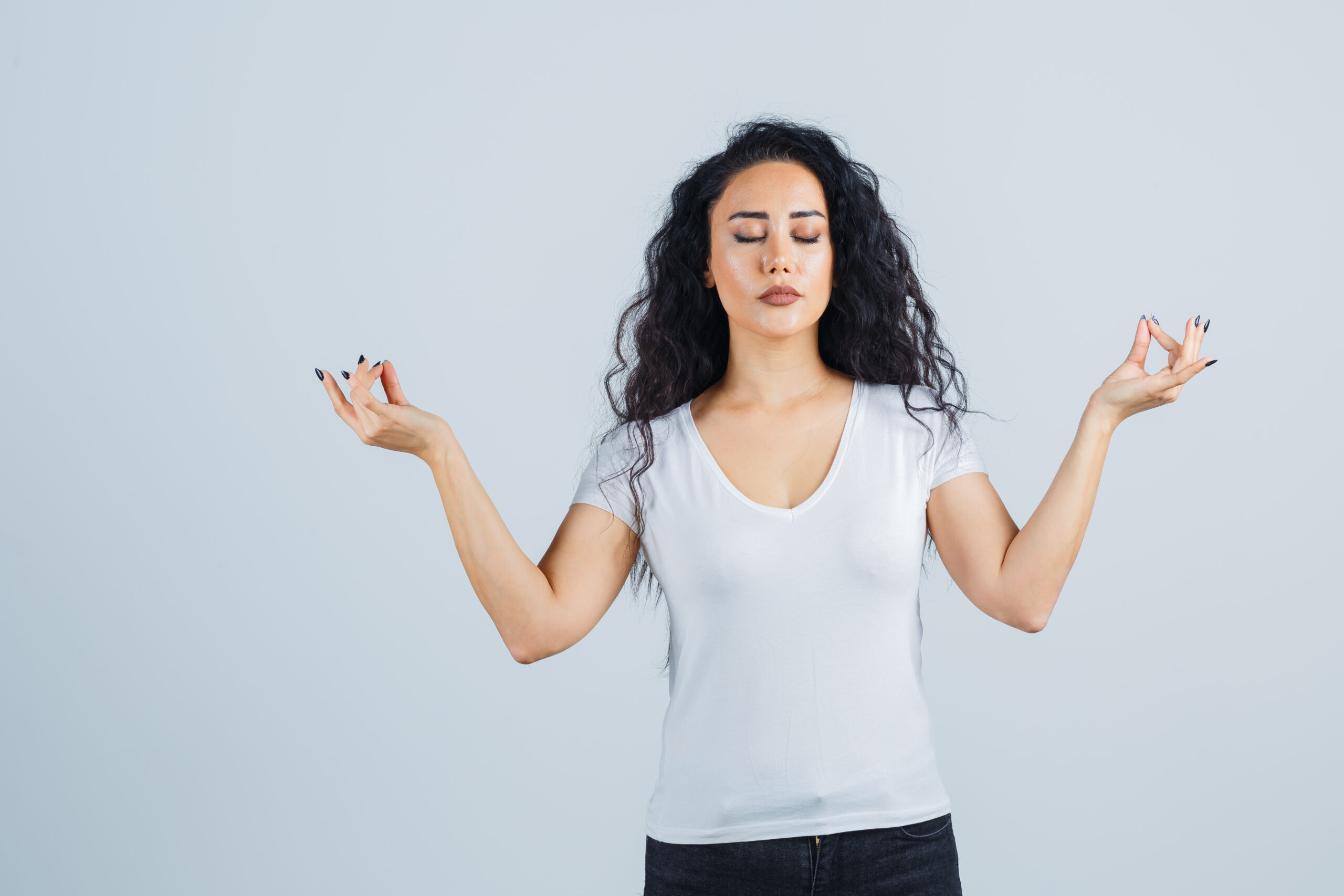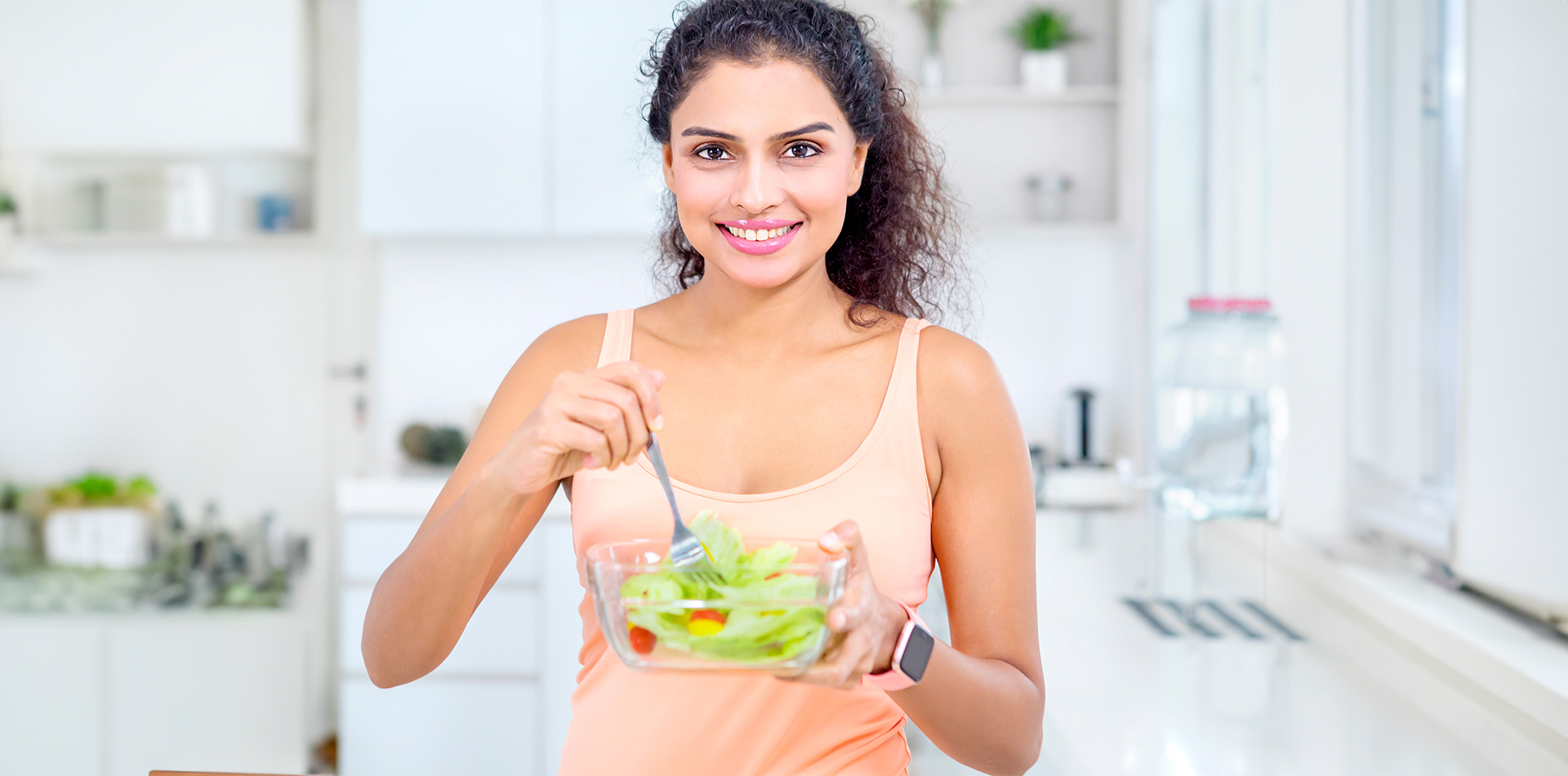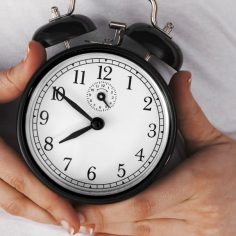Are you feeling low in energy, seeing a lot of hair loss, or experiencing fatigue and coldness all the time? It could be the result of your diet – or what vitamins and minerals are missing in your diet! Many women tend to be missing specific yet very common vitamins. These gaps lead to deficiencies. Good thing you can easily tell what they are and exactly what you should eat to prevent these deficiencies. And you can always use multivitamins to help if you can’t meet it from your diet.

Studies show that at least 30% of women are deficient in one or more of the most essential vitamins and minerals, and for many women, these problems only increase in age! These multivitamins are extremely common and everyday, so you should definitely not miss them out in your diet. And if your diet isn’t sufficient, there are always multivitamin tablets!
An even scarier estimate shows that around 75% of women would not be able to meet their multivitamin needs without multivitamin tablets for women! Let’s read all about the essential vitamins and minerals that women need to function!
- First Multivitamin Deficiency – Iodine
Women aged 20 to 39 tend to have lower iodine levels in their urine compare to women of all other age groups. And you would actually need 100-150 micrograms (mcg) of iodine in your diet every day.
Why is iodine important? Without iodine, our bodies cannot make enough thyroid hormones to help the body’s metabolism, control the body temperature, and more. If you go to a store and look, you’ll notice iodine in most prenatal multivitamins or multivitamin supplements. This is because an iodine deficiency is especially dangerous for pregnant women and can affect the health of the foetus. It may lead to an intellectual disability.
Symptoms of an iodine deficiency
Insufficient iodine can lead to a goiter (swelling of the thyroid gland which is near the throat). This causes your thyroid to work overtime to make up for the deficiency – it is called hyperthyroidism. Other symptoms include:
- Weight gain
- Fatigue or tiredness
- Feeling cold all the time, no matter the climate
- Hair thinning
Where to meet iodine requirements
You might be thinking “But iodine is always present in salt!” While it is common for manufacturers to add iodine to salt, they do not always include it. It’s also a good thing not to rely only on salt for your daily iodine intake. There are a few healthier sources here:
- 2 slices of enriched bread contain 45 mcg of iodine
- 1 cup of low-fat, plain yoghurt contains 75 mcg of iodine
- Foods that contain grains
Of course, if you are not able to meet your iodine requirements through your diet, you can rely on a multivitamin tablet or multivitamin supplement for women.
2. The Second Big Multivitamin Deficiency – Vitamin D
Even if you are always getting a lot of sun, Vitamin D is another multivitamin that you tend to miss out on. This is because you are not getting as much sun as you think you are. Vitamin D does not also occur naturally in a lot of foods. You need Vitamin D for essential body processes – to maintain healthy immune system and bones. Women who are above 40, pregnant or about to become pregnant need even higher amounts of Vitamin D.
Symptoms of a Vitamin D Deficiency
Research has linked a Vitamin D deficiency with an increased risk of:
- Poor bone health
- High depression in women with PCOS
- Rickets (softer bones in the foetus) when it comes to pregnant women
- Obesity
- Type 2 Diabetes and Pre-diabetes
- Bone pain
- Heavy and consistent muscle weakness
- Fatigue
Where to get Vitamin D
The most traditional method of getting Vitamin D is to spend around 15-20 minutes in the sun daily. How long you should stay in the sun depends on your skin colour, the amount of air pollution, the time of day, and the time of year. This may sound confusing, but hear us out. Vitamin D is the sunshine vitamin, but you need to be careful about staying out in the sun for too long.
You could experience skin damage due to the harsh effects of ultraviolet rays. You can also increase your risk of skin cancer. So it’s better to rely on your diet to meet this multivitamin requirement!
It’s not uncommon for manufacturers to add Vitamin D to breakfast cereals or breads. You can find Vitamin D in:
- 1 cup of fortified orange juice contains around 137 IUs of Vitamin D
- 1 cup of fortified almond milk contains 115 to 124 IUs of Vitamin D
- Fortified cereals
3. A very common deficiency – Calcium
You might have been told that you are naturally getting calcium as a child, so it might come as a shock to you to know you’re missing out on this vital mineral. Calcium is crucial for building healthy bones. As women get older, they are more prone to osteoporosis (bone density loss). Calcium and Vitamin D are a great combination, both vitamins that we normally lack, and they both help to build healthy bones.
Symptoms of a Calcium deficiency
A Calcium deficiency might be the trickiest of all multivitamin deficiencies. Often, there are no signs until it is too late. Women with calcium deficiencies are at higher risk for bone breakages and osteoporosis, you often do not find out until you experience a fracture or other significant bone loss.
You can see some symptoms though:
- Frequent muscle cramps
- Weak and brittle nails
- Numbness or tingling in the face, hands and feet
- Depression
Where to meet your Calcium requirements
If you are 50 and under, you’ll need around 1000 milligrams (mg) of Calcium every day. If you are older than 51, you will need 1200 mg of Calcium daily. You might be tempted to reach for your Calcium supplements hearing these amounts, but don’t go crazy on them! You would be much better off relying on your diet and multivitamins for women that contain Calcium. A good example is OZiva Daily Multivitamins for Women, which contains 100% of all Calcium you’ll need to meet your Recommended Daily Amount (RDA). It’s 100% plant-based and free of all harmful substances.
Excellent dietary sources of Calcium include:
- 1 cup of fresh cooked kale contains 94 mg of Calcium
- 1 cup of spinach contains 100 mg of Calcium
- Beans, peas and lentils contains Calcium too
4. A very big problem if not addressed – Iron
Iron deficiency is a big one. It is the most common deficiency among women. According to a study in the New York Times, 1/3 of women under 50 suffer from iron deficiency. 77% of menstruating women also suffer from it. Since women menstruate and lose blood at least once a month, our bodies need to make up for that loss with more iron. That’s why it is vitally important to get enough iron in your diet.
Pregnant women are another group vulnerable to iron deficiency. The amount of blood in the body needs to increase to support a growing baby.
Symptoms of iron deficiency
The biggest problem that an iron deficiency can cause is anaemia. Anaemia means a low count of red blood cells and a lack of healthy blood cells. Red blood cells contain a compound called haemoglobin that make it healthy. With anaemia, your body does not get enough oxygen-rich blood and you feel consistently tired and weak.
Other symptoms include:
- Extreme tiredness
- Difficulty breathing everyday
- Dizziness and a spinning head
- Brittle, pale nails
- A swollen tongue
- Hair thinning and hair fall
- Pale skin
Where to meet your iron requirements
Between the ages of 19 and 50, women need around 18 mg of Iron a day. That is 10 mg more than the recommended amount for men in the same age group! Pregnant women need even more iron (27mg) and women older than 51 need around 8 mg. Here are the best plant-based source of this multivitamin:
- 1 serving of fortified breakfast cereal contains around 18mg
- 1 cup of canned white beans contains around 8mg
- 1 cup of boiled and drained spinach contains around 6mg
- 1 cup of canned kidney beans (rajma) contains around 4mg
Eat iron-containing fruits and vegetables like citrus fruits (that contain Vitamin C) to increase your body’s iron absorption. Eating iron-containing foods with sources of Calcium will decrease iron absorption.
5. The fifth deficiency – Vitamin B12
Vitamin B-Complex is a whole series of Vitamins – and all of them are essential for women! But Vitamin B12 probably tops the list for “you need more of it”. Vitamin B12 is vital for making more red blood cells, promoting healthy digestion and improving neurological functions like thinking and muscle actions.
An important thing to note about Vitamin B12 is that it is not easy for vegetarians and vegans to find it in their diet! With the rise of gluten-free diets, it is even more difficult. The good news is that good multivitamins supplements like OZiva Daily Women’s Multivitamins Tablets contains them in the right amounts to meet your daily needs!
Symptoms of Vitamin B12 deficiency
A Vitamin B12 deficiency is especially common among older women but women of all ages can face it too! Here are some of the most common symptoms of this vitamin deficiency:
- Anaemia
- Swollen tongue
- Difficulty concentrating or thinking very clearly
- Fatigue or tiredness
- Muscle weakness
- Tingling or numbness in your hands, feet or face
Where to get Vitamin B12
Women above the age of 15 needs around 2.4 mcg of Vitamin B12 daily. This number will go up to 2.6 mcg a day if you are pregnant or expecting. Vegetarian sources of Vitamin B12 include:
- Fortified breakfast cereals contain around 6 mcg of Vitamin B12
- Yeast
If you are experiencing Vitamin B12 deficiency symptoms and don’t know what to do, you should consult a doctor or nutritionist so you can be sure. Especially if you are a vegetarian or vegan.
Read More: Best Vegetarian Foods for Vitamin B12
6. The Last one – Folic Acid
Folate is also known as Vitamin B9 or Absorbic Acid. If you are over 13 years old, you should be getting 400 to 600 mcg of Vitamin B9 a day. This vitamin is essential for DNA production, the development of red blood cells and preventing anaemia. To prevent anaemia, you need folate along Vitamin B12 and Iron, two vitamins that you might also have a deficiency of!
If you are looking to get pregnant or expecting, in the year before you conceive, it is important to maintain high folate levels. Research says that women who plan to have a baby should start taking a prenatal multivitamin containing Folic Acid to ensure folate levels are high enough before conception. Meeting your folate requirements can help prevent neural tube defects in the baby.
Symptoms of Folic Acid deficiency
These symptoms are not immediately obvious and are quite subtle. They include:
- Graying hair (especially at a younger age)
- Fatigue or tiredness (consistently for a few days)
- Mouth sores or swellings
- Growth problems (you might not be growing at the consistent rate)
A folate deficiency that causes anaemia might have more serious symptoms like:
- Lethargy
- Pale skin
- Shortness of breath
- Bad mood and irritability
Where to get folate daily:
- 1 cup of boiled spinach contains 262 mcg of folate
- 1 cup of peas contains 210 mcg of folate
- 1 cup of orange juice contains 50 mcg of folate
Dark leafy vegetables like spinach, broccoli, Brussels sprouts, green peas and chick peas also contain Folate.
Conclusion: Fighting Against Vitamin Deficiencies with Multivitamin Tablets
While you should be getting the multivitamins and minerals you need through your diet, it’s possible to miss out on getting what your body needs. It’s not easy to plan a balanced diet and get those meals daily!
If you are not meeting your multivitamin requirements, you can go for a supplement or a multivitamin tablet. Try OZiva Daily Multivitamins Tablets for Women. They’re 100% natural and plant-based, making them extremely safe. These multivitamin tablets provide 23 essential vitamins and minerals for women, including Vitamin B12, Zinc, Iron, Folate, Calcium and Vitamin D in their Recommended Daily Allowances (RDA).
These multivitamins for women help boost energy, increase stamina and immunity. They also contain Ayurvedic Herbs like Tulsi which help balance hormones for even better health, and Akarkara and Choline to help reduce stress.
Shop these multivitamins for women here now.
Last modified: December 16, 2023





